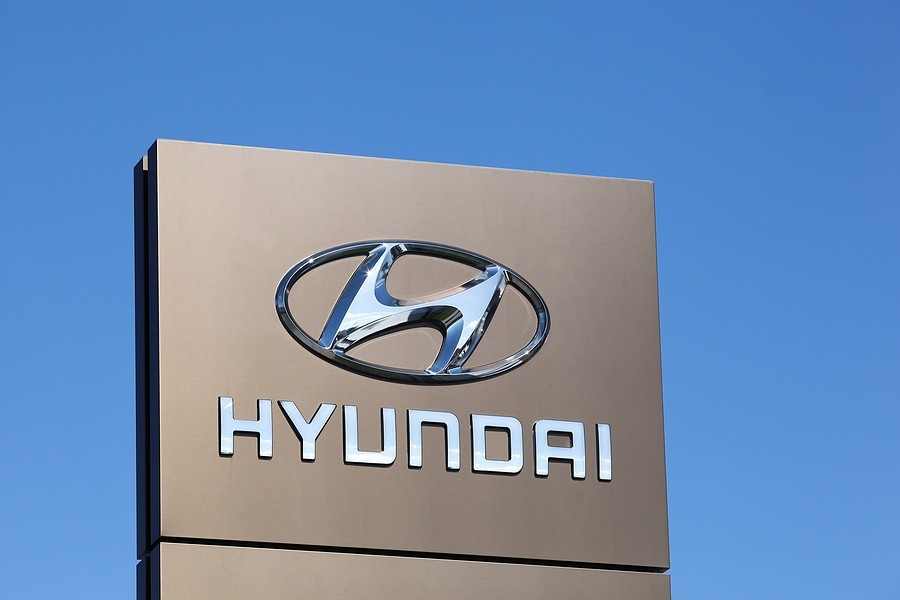The most common problems with the AC compressor in a 2017 Hyundai Sonata include:
- Clutch problems
- Refrigerant leaks
- Damaged and contaminated bearings
- General blockage
- Insufficient lubrication
The 2017 Hyundai Sonata is a popular midsize sedan that attracts customers yearly. This vehicle has many great features combining comfort, design, and safety features.
While this vehicle comes with these incredible features, it suffers a very common problem reported by many customers that have to do with the AC compressor. Unfortunately, this problem impacted the vehicle's comfort, especially during the hot summer.
This article provides detailed guidance to help you understand the most reported problems with the AC compressor in the 2017 Hyundai Sonata vehicle. It also highlights some potential solutions to help you address the problem and restore your vehicle's comfort.
AC compressor in a 2017 Hyundai Sonata: common problems and solutions
Several complaints were reported about the common problems with the AC compressor in the 2017 Hyundai Sonata. These problems were typically related to five main categories, including the following:
1- Clutch problems
Some experts indicated that most of the reported AC compressors in a 2017 Hyundai Sonata problems had to do with the clutch. This clutch is a core component within the system; if it's not engaging and disengaging properly, your compressor will not work as it should.
One way to determine whether this problem is related to the clutch is by monitoring how this compressor behaves. If you notice intermittent cooling in your vehicle and some loud noises coming from the AC whenever you turn it on, it could be a clutch-related problem.
Solution
The easiest solution for this issue is to address and inspect the clutch. If your mechanic confirmed that the problem is indeed related to the clutch, you'll have to replace it, unfortunately.
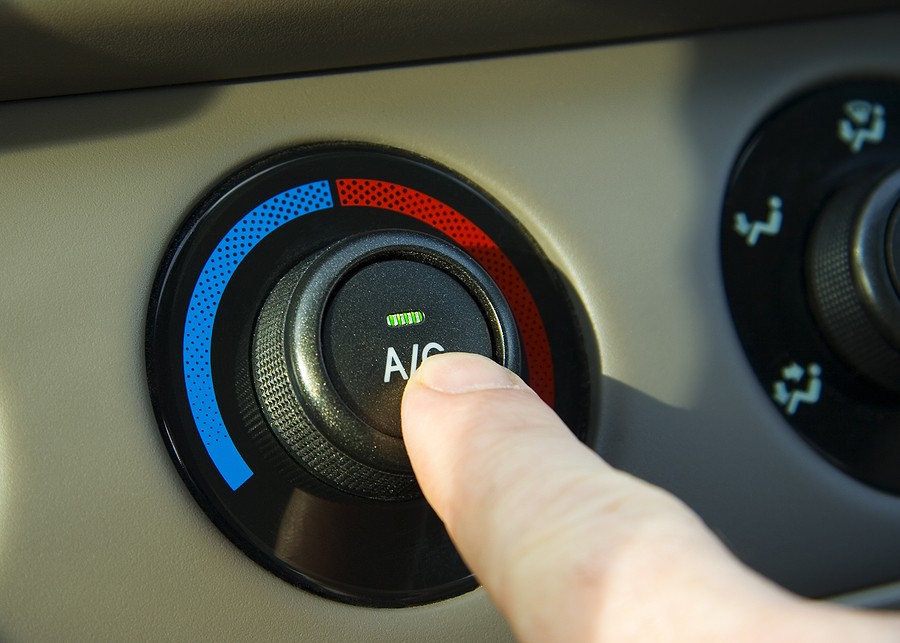
2- Refrigerant leaks
If you confirm that the clutch is not the cause of the problem, the next step is to confirm that you have sufficient refrigerant fluid. This fluid is another core element of the cooling system that has to do with the compressor; If it's not at the top level or the optimum level recommended by your vehicle's owner's manual, you can easily deal with The AC compressor problems in the 2017 Hyundai Sonata.
It is important to note that your 2017 Hyundai Sonata requires a specific refrigerant level to operate properly. If this level exceeds or below the optimum point, it will deal with different problems. Therefore, you need to look closer at these fluids and confirm they are at the right level specified in your vehicle owner's manual.
In addition to ensuring that your vehicle has sufficient refrigerant fluids, it is very critical to understand why this fluid is dropping in the first place. Is there any potential internal or external E? Or are there other reasons?
Solution
If you need to fix the refrigerant problem, inspect the vehicle and confirm that you know exactly where the leak is happening and why this refrigerant is dropping. Once the leak source is detected, your mechanic has to fix it by sealing it or looking for alternative solutions.
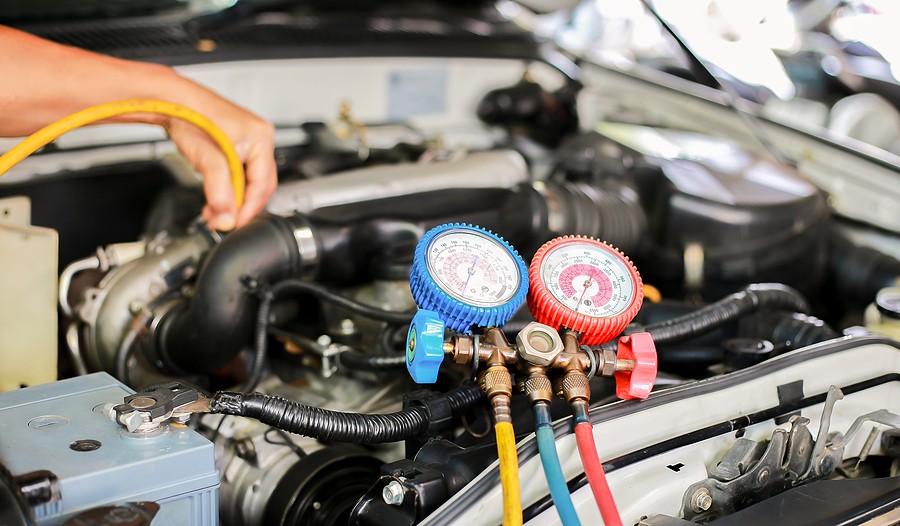
3- Damaged and contaminated bearings
If you confirm that the refrigerant doesn't suffer any leaks internally or externally, the next step is to look at the bearings. The bearings within your compressor might often be damaged or loose or have a lot of contamination because of external weather conditions.
If that's the case, your mechanic needs to look at the bearings and confirm that he can fix them. Otherwise, a replacement might be necessary to restore your 2017 Honda Sonata compressor operations.
Solution
When your mechanic mentions that your bearings are contaminated or damaged, he has to fix them if possible; still, in most scenarios, he must replace them completely.
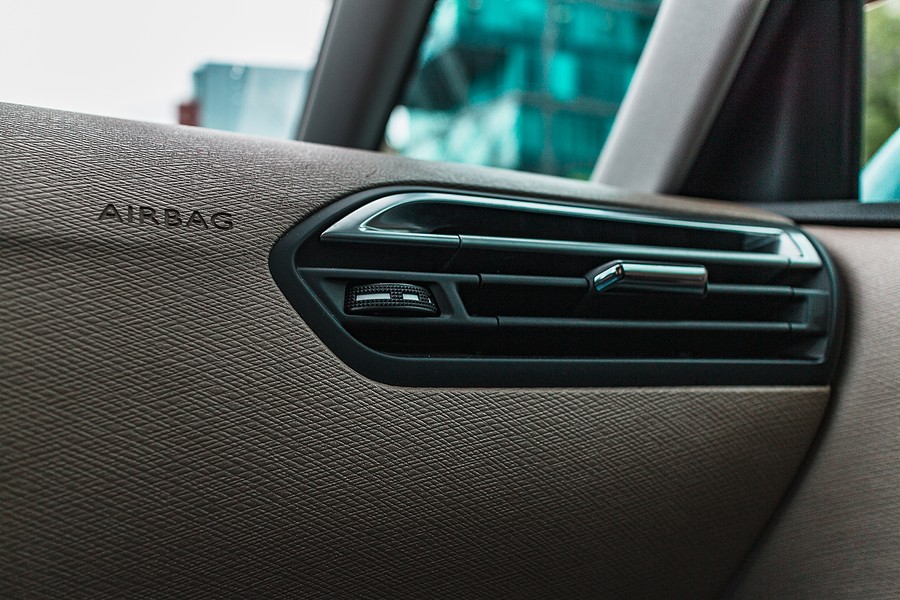
4- General blockage
Another potential source of the problems in the AC compressor in a 2017 Hyundai Sonata has to do with general blockage. There are many components within your compressor and the AC system in general. With all the weather conditions outside, any of them could be clogged or contaminated by debris or dirt.
Solution
If you confirm that what you're dealing with is just a general blockage, that's good news because your mechanic can clean the system up and remove any contamination. However, if the blockage has been there for a long time, it might have resulted in additional problems that need to be addressed so you can restore your AC compressor In the 2017 Hyundai Sonata.
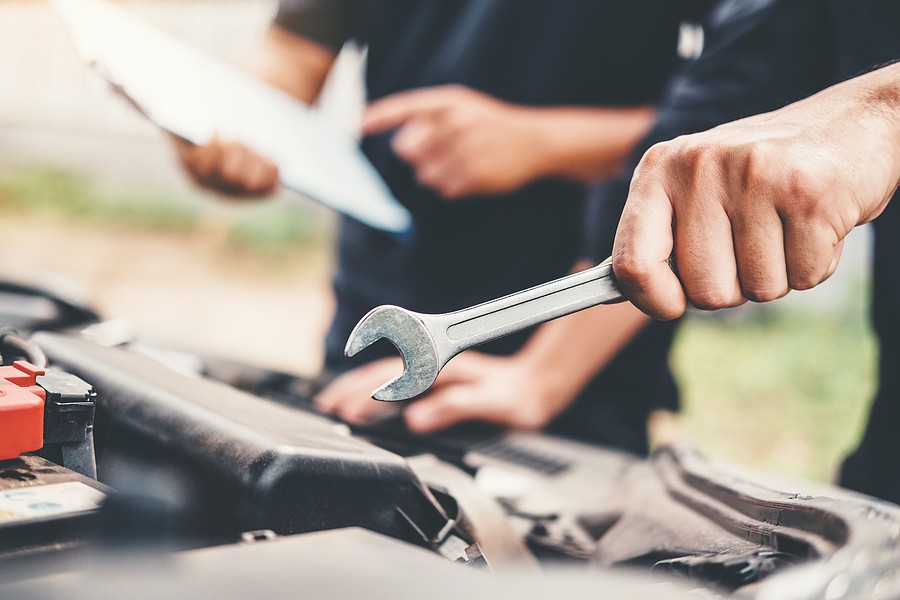
5- Insufficient lubrication
Finally, another common problem with your 2017 Hyundai Sonata compressor is potential insufficient lubrication. Like any components working next to each other, all your vehicles must be continuously lubricated, especially if some metal components interact.
Solution
Sometimes it can be hard to detect whether your problems in the AC compressor in a 2017 Hyundai Sonata have to do with insufficient lubrication. Therefore, the only solution for you is to have your mechanic perform a detailed inspection and confirm where the problem is happening and where it's coming from.
Suppose he notices that your vehicle lacks lubrication. In that case, you can apply the required degrees to ensure that the AC compressor is lubricated fairly according to the details in your vehicle owner's manual.

How to prevent problems with the AC compressor in a 2017 Hyundai Sonata?
Now you have a general idea about all the potential reasons and solutions for the AC compressor problems in your 2017 Hyundai Sonata, the better idea for you to learn about is how to prevent these problems in the first place.
Understanding ways to prevent the problem helps you eliminate any potential unnecessary repairs that you could use the money for it for other purposes to help you enjoy your trips and resolve financial issues.
The following short list provides you with recommendations by automotive experts that could help you eliminate and hopefully delay the AC compressor problems as much as possible in your 2017 Hyundai Sonata:
· Regular maintenance
The safest path towards enjoying the maximum lifespan of any component in your vehicle is to perform regular maintenance. Like any other vehicle, your 2017 Hyundai Sonata should have some recommended maintenance that you have to keep up with to avoid early problems.
By simply performing this regular maintenance, you can easily delay and avoid any unnecessary repairs needed to address AC compressor problems in a 2017 Hyundai Sonata.
· Checking the refrigerant levels
Since we indicated that one of the common problems with the AC compressor in your 2017 Hyundai Sonata is the refrigerant level, it is very important for you, as a car owner, to keep an eye on this fluid level like any other fluids in your vehicle.
Suppose the fluid level drops, impacting your AC compressor's performance in your 2017 Hyundai Sonata. In that case, you need to talk to your mechanic immediately.
Discussing this topic with your mechanic is critical because it could indicate an internal or minor external leak that you're not paying attention to. Even if this leak is minor, it can easily lead to further damage to your vehicle, which could cost you a lot of money.
· Continuous cleanup
As you noticed, general blockage is another commonly reported problem with the AC compressor in the 2017 Hyundai Sonata. In that case, you need to ensure the system is continuously cleaned and flushed out whenever needed.
Your mechanic should have a good idea about how often you should perform this type of cleanup. Your vehicle owner's manual should have some idea about that, but depending on the weather and where you live, you might need to perform it more frequently than before.
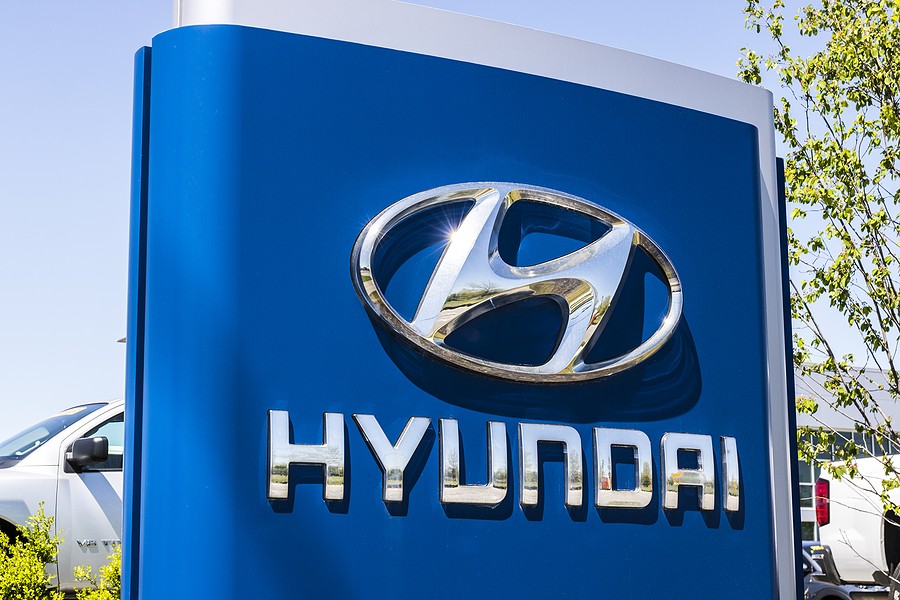
AC Compressor in a 2017 Hyundai Sonata: Final Thoughts
The 2017 Hyundai Sonata is not problem-free, and one of the reported audit issues concerns the AC compressor. This article provided detailed guidance to help you understand the most commonly reported problems about the AC compressor in the 2017 Hyundai Sonata.
It also helped you understand potential solutions that you could do and address the problem as early as possible, in addition to some recommendations about how to prevent the problem in the first place.
If you feel that your AC compressor in 2017 is not performing as it should, you should immediately discuss it with your mechanic to avoid dealing with further complications that could cost you a lot of money.
If you're interested in similar posts, we highly encourage you to visit our blog by clicking here!

